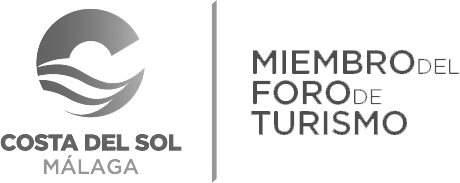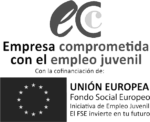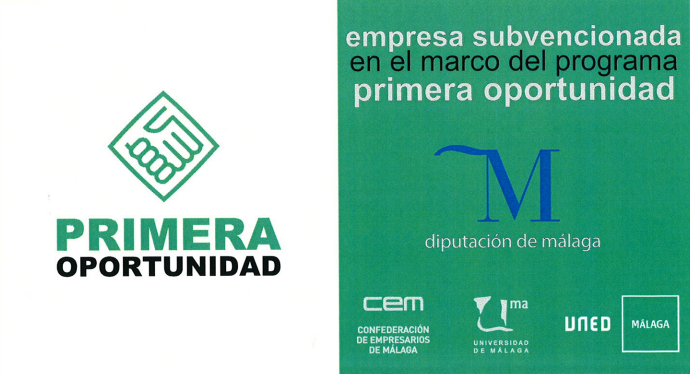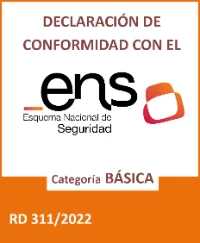At AcciónMK we are very conscious of the importance it has for any company the internationalisation processthat's why we collaborate together with Extenda (Andalusian Agency for Foreign Promotion) in the implementation of the international digital marketing plan for all those companies that want to internationalise or have already started their expansion process.
Aware that the Digital Marketing is advancing very fast and we often forget the importance of the different tools that affect our marketing strategy. Today, we are going to show you the main keys to take into account in the internationalisation process of your brand.
SEO in the internationalisation process
To begin with, What is International SEO? The International SEO is the process to optimise a website or blog, so that search engines can easily identify which countries you want to reach or which languages are the focus of your online strategy.
We make references to search engines and in some cases you may be wondering What search engines are there other than Google?
As you may already know, Google is the big giant, however, depending on the country where your digital marketing strategy is focused, you will have to take into account other search engines such as:
- Google (mainly in Europe and the USA)
- Bing (although it does not have the majority of the market share, it does have a strong presence in countries such as the US and UK)
- Baidu (China)
- Yandex (Russia) It should be noted that Yandex is the leading player in Russia, but not in the other Eastern European countries, which make use of Google.)
- Yahoo (Japan)
- Naver (South Korea)
Now that we have clarified the issue of the different search engines, we would like to share with you the different search engines that can be used to find the information you need. strategies that can be followed to improve your organic positioning in the target countries.
In order to do this, we must establish what the company's objective is in its internationalisation process.
In other words, will the company only and only adapt the language to its strategy but the product offer will remain the same, or will it decide to reach the country with a different type of product for its internationalisation?
The setting of these objectives is very important, because, depending on this choice, we can speak of a International SEO strategy or other:
- Expansion by language: The company's objective is to speak the language of another country only, respecting language adaptations if necessary, but without changing its product offer.
- Expansion by country: In this case the company wants to reach the country with another type of product. For example a company that sells oil in Spain and wants to sell canned food in Russia. It is basically a matter of obtaining a domain with the extension of the country you want to reach. In this way, you connect and geolocate your site by default.
- Hybrid ExpansionIn this case, the need to speak another language in another country is mixed, e.g. a Spanish company located in France with a French-speaking target audience, so they will have to address them in French.
On the other hand, we must not forget that the International SEO is not just about telling search engines what languages or regions you work in. It is mainly about configuring your website to properly submit content to the relevant engines in order to reach the countries that are key players in your online strategy.
Here are some of them recommendations to be taken into account to establish the right international SEO strategy:
- Analyse the keywords of your branded product in the target country. and in the various search engines mentioned above. This way you can adapt the content and descriptions to them.
- Analyse your competition in the country of origin and analyse their online strategy to assess the threats and opportunities that may arise.
- Use professional translators and do not use automatic translators.
- Create original and quality content for each country. Adapt the content to the target country if it might be of interest and if not, create country specific content. Nobody said International SEO was easy!
- Adapt your website and content to mobile devices.
- Don't forget the Hreflang labels as this is the tag that allows search engines to identify which url to display to visitors according to their language and geographic location.
- Remember to configure your Search Console correctly.
- Campaigns for Linkbuilding in the target countries.
Finally, we would like to highlight the importance of a correct analysis and implementation of your international strategy, so it is very important that you leave it in the hands of professionals. For example, in our team we have magnificent professionals specialised in Digital Marketing and International Marketing who will be able to help you carry out your strategy. What are you waiting for? It's time to reach the rest of the world!
[yop_poll id="4″]
Would you like to subscribe to our newsletter?
Receive information on digital marketing, strategic marketing, market research and much more.
[contact-form-7 id="5548″ title="Newsletter subscription"]









